Interaction with artificial intelligence, or AI, is rapidly becoming a normal part of our daily activities. There are obvious examples like Siri and Alexa, programs that answer questions and perform functions in response to vocal interactions. There are also less obvious examples like the artificial intelligence that tracks your Amazon purchases for future recommendations.
What Is Artificial Intelligence?
Artificial intelligence, also known as AI, is intelligence that is demonstrated by machines or computers. In contrast, natural intelligence is what is demonstrated by humans and animals. Although artificial intelligence seems like something out of the future or from a science fiction story, it’s actually already involved in our everyday lives.
Although we’re most used to the more overt examples of AI, such as Alexa and Siri, artificial intelligence is involved behind-the-scenes in much, much more. Google uses AI extensively to provide results to searches, for example. HRIS software is no exception.
How Is AI Changing Human Resources?
The integration of artificial intelligence into HRIS solutions has enhanced many features of HR software. AI in HR software can help a company’s HR team make better decisions. Artificial intelligence in HR can improve reporting, analysis, and even predictions for the future. Artificial intelligence in human resources management can be involved in important processes such as recruiting, onboarding, employee retention, performance, analysis and more. AI is also behind the HR automation that helps ease the burden of your busy HR staff.
Top Ways AI Is Impacting HR
If you don’t already interact with some type of AI at work, you likely will soon. AI and HRIS are extremely well matched, so AI will be infiltrating many aspects of HR as time passes.
The following are a few ways that you can expect to see AI impact HR.
Reducing Human Bias
No matter how hard we try to be completely impartial, humans are by nature biased. Even if we’re not intending to, those biases may subconsciously affect choices we make in the workplace. In order to reduce the possibility of inadvertently biased choices, especially in HR tasks such as hiring, AI in HRIS software can offer that completely unbiased perspective. HR professionals can input parameters into the software that the AI must follow, but beyond that, an AI won’t have the same implicit biases that a human may have.
AI Automation
Artificial intelligence is behind many of the automated features of a HRIS. Many of the daily tasks that are easy but eat up a lot of time, such as scheduling, filling out paperwork, entering data, and more, can now benefit from automation with artificial intelligence. It’s easier than ever before to schedule communications or to use a virtual assistant feature to take care of tasks.
Recruiting
AI is well suited for use in recruitment because it doesn’t succumb to biases of any kind, it can process huge amounts of information quickly, and it can help recruitment teams respond to candidates in a timely manner. HRIS solutions and ATS solutions are already assisting with resume parsing, but AI may be helpful in taking this task a step further by recognizing patterns present in resumes of top employees.
AI can also consult calendars and help with scheduling interviews. By operating autonomously to schedule interviews, AI can help to speed communications with candidates while simultaneously saving hiring staff members’ time and avoiding scheduling conflicts.
Retention
Turnover can be costly. Employee retention is therefore key to staying ahead of your competitors. Artificial intelligence can offer insights on data by recognizing patterns that occur. HR staff can then act on those patterns to help improve employee performance and work experience. These insights can be extremely valuable in not only retaining employees but in helping employees improve their performance and productivity.
Digital Forms
Digital forms are a great way to make collecting data easy. Employees can fill in forms themselves so that HR doesn’t have to be involved in the data gathering process. It’s also easier to keep forms, such as surveys, anonymous. Artificial intelligence can interpret the data input into the digital forms and analyze them, looking for patterns and insights.
Chat Bots
Chatbots can be used to answer many employee and candidate questions, which can save HR professionals valuable time. Chat bots are still pretty primitive at this point, but some can replicate human interaction rather well. Chat bots will only get better at answering a wider range of questions and sounding more human as time passes.
Boosting Employee Development and Learning Programs
Employee development and training programs are a major function of HRIS software. HR software makes it easy to keep track of each employee’s progress and what training they may still need to complete. A HRIS can also store the training programs and materials digitally so they’re easy for employees to access. Artificial intelligence comes in to help make the training process more collaborative as well as to analyze the results.
Improving Workforce Data and Analytics
AI can improve that way that an HR department processes and analyzes their data, providing more actionable insights. Data that may have taken weeks to manually compile and analyze can be examined by AI in seconds and presented in easy-to-read reports. This can help HR professionals to spot patterns, optimize current processes, and make predictions.
Preparing for AI
While AI can have substantial benefits for some companies, not all companies are prepared to bring AI on board. For AI to be effective, data and data processing should be well organized. Employees, managers, HR professionals, and anyone else that will be interacting with AI from an internal standpoint should also be accustomed to using technology as matter of course, relying on an HRIS for many basic functions.
If these statements don’t ring true, some updates should be made to the way the HR department operates before AI is brought in. Failure to streamline processes before bringing in AI may result in errors and issues that end up causing frustration rather than preventing it.
Human Monitoring of AI
While some AI has gotten very good at mimicking human speech patterns and responding to questions and commands relevantly, AI is not perfect. AI can fail to understand certain terms, can reveal sensitive information, can misinterpret commands and provide erroneous information, and can err in a number of other ways. Monitoring AI is necessary to ensure that it functions as intended and to correct errors in programming as needed.
AI in collaboration with HRIS
can change people management for the better within an organization when done correctly. Working to integrate this technology into HR is a smart way to stay up-to-date and optimize talent management.
If your company is looking to take advantage of artificial intelligence in HR, we can help.


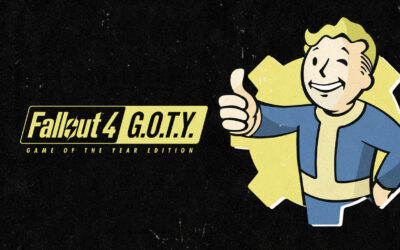


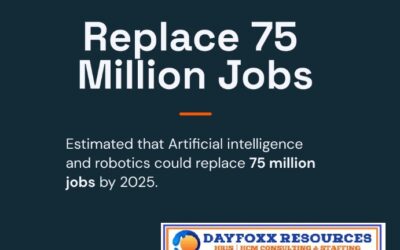

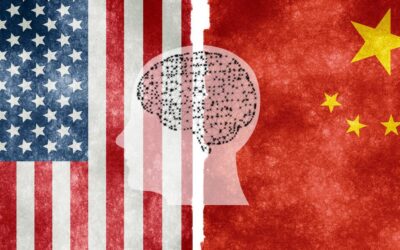


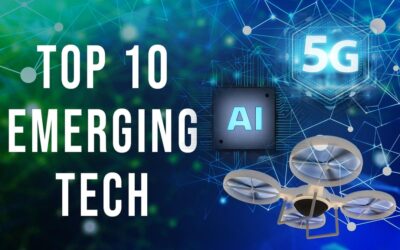
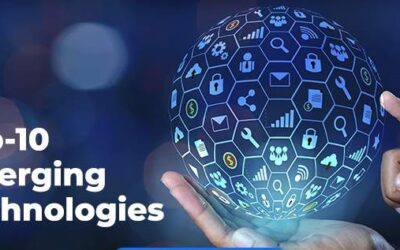
0 Comments